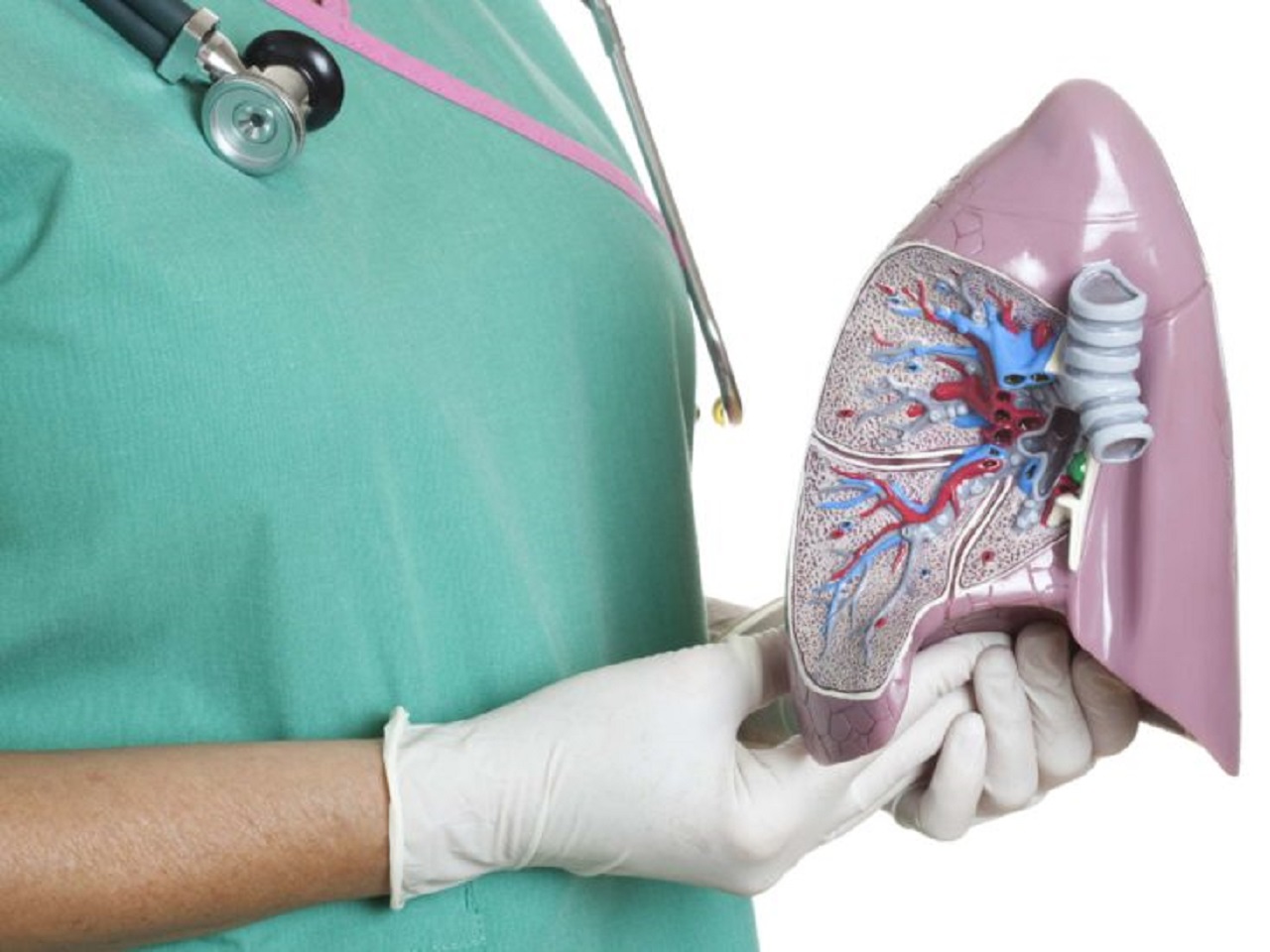Health
Mesothelioma: Everything You Should Know About This Form Of Cancer

Mesothelioma is a rare form of cancer that usually affects the cells lining the sacs of the chest or the abdomen.
Malignant mesothelioma is a highly aggressive and painful cancer with mesothelioma symptoms and signs that vary from patient to patient and with the area of the body that is affected.
Symptoms of Mesothelioma
Signs and symptoms of mesothelioma vary depending on the part of the body cancer occurs.
READ ALSO: Mesothelioma Compensation: Who Is Eligible, Types, Amounts, And How To File
They are:
1 Shortness of breath
2 Difficulty breathing
3 Chest pain
4 Fluid buildup around the lungs (pleural effusion)
5 Significant and unexplained weight loss
6 Chronic coughing
7 Persistent cough
8 Dry cough
9 Coughing up blood
10 Painful coughing
11 Loss of appetite
12 Difficulty swallowing
13 Fatigue
14 Respiratory complications
15 Lumps under the skin of the chest

Mesothelioma: Everything You Should Know About This Form Of Cancer
READ ALSO: Stroke Symptoms You Should Never Ignore
Causes of mesothelioma
Most people with malignant mesothelioma have worked on jobs where they breathed asbestos. Usually, this involves men over 40 years of age.
Others have been exposed to asbestos in a household environment, often without knowing it. Workers who may encounter asbestos fibers include:
Asbestos miners
Electricians
Plumbers
Pipefitters
Insulators
Shipyard workers
Demolition workers
Brake mechanics
Selected military personnel
Home remodelers
Factors that may increase the risk of mesothelioma include:
1 Personal history of asbestos exposure:
If you’ve been directly exposed to asbestos fibers at work or at home, your risk of mesothelioma is greatly increased.
2 Living with someone who works with asbestos:
People who are exposed to asbestos may carry the fibers home on their skin and clothing. Exposure to these stray fibers over many years can put others in the home at risk of mesothelioma.
READ ALSO: Early Signs Of Heart Failure You Should Know
People who work with high levels of asbestos can reduce the risk of bringing home asbestos fibers by showering and changing clothes before leaving work.
3 A family history of mesothelioma:
If your parent, sibling, or child has mesothelioma, you may have an increased risk of this disease.
4 Radiation therapy to the chest:
If you had radiation therapy for cancer in your chest, you might have an increased risk of mesothelioma.
Complications that can arise from mesothelioma
As pleural mesothelioma spreads in the chest, it puts pressure on the structures in that area. This can cause complications, such as:
Difficulty breathing
Chest pain
Difficulty swallowing
Pain caused by pressure on the nerves and spinal cord
Accumulation of fluid in the chest (pleural effusion), which can compress the lung nearby and make breathing difficult
The treatment process for mesothelioma are
There are three traditional kinds of treatment for patients with malignant mesothelioma. Often physicians combine two or more of these in the course of treatment:
1 Surgery
2 Radiation therapy and
3 Chemotherapy

Mesothelioma: Everything You Should Know About This Form Of Cancer
READ ALSO: Common Signs of Cervical Cancer Every Woman Should Look Out For
Facts about Mesothelioma you should know
1 Mesothelioma is cancer that arises from the cells lining the chest or abdominal cavities.
2 Mesothelioma typically results from exposure to asbestos.
3 When mesothelioma affects the chest, the doctor may look inside the chest cavity with a special instrument called a thoracoscope.
4 When mesothelioma affects the abdomen, the doctor may look inside the abdomen with a special tool called a peritoneoscope.
5 Health care professionals diagnose mesothelioma with a biopsy.
6 The outlook for patients with mesothelioma depends on how early the disease is detected and how aggressively it is treated.
7 Physicians often first detect mesothelioma late in the course of the disease, usually with a poor prognosis.
Because extending the life expectancy of a person with a mesothelioma prognosis depends in large part on early detection, it is vital that patients understand the symptoms of mesothelioma and seek medical attention as soon as they are detected.
Contact your doctor right away if you experience any of the mesothelioma symptoms described in this article.




















